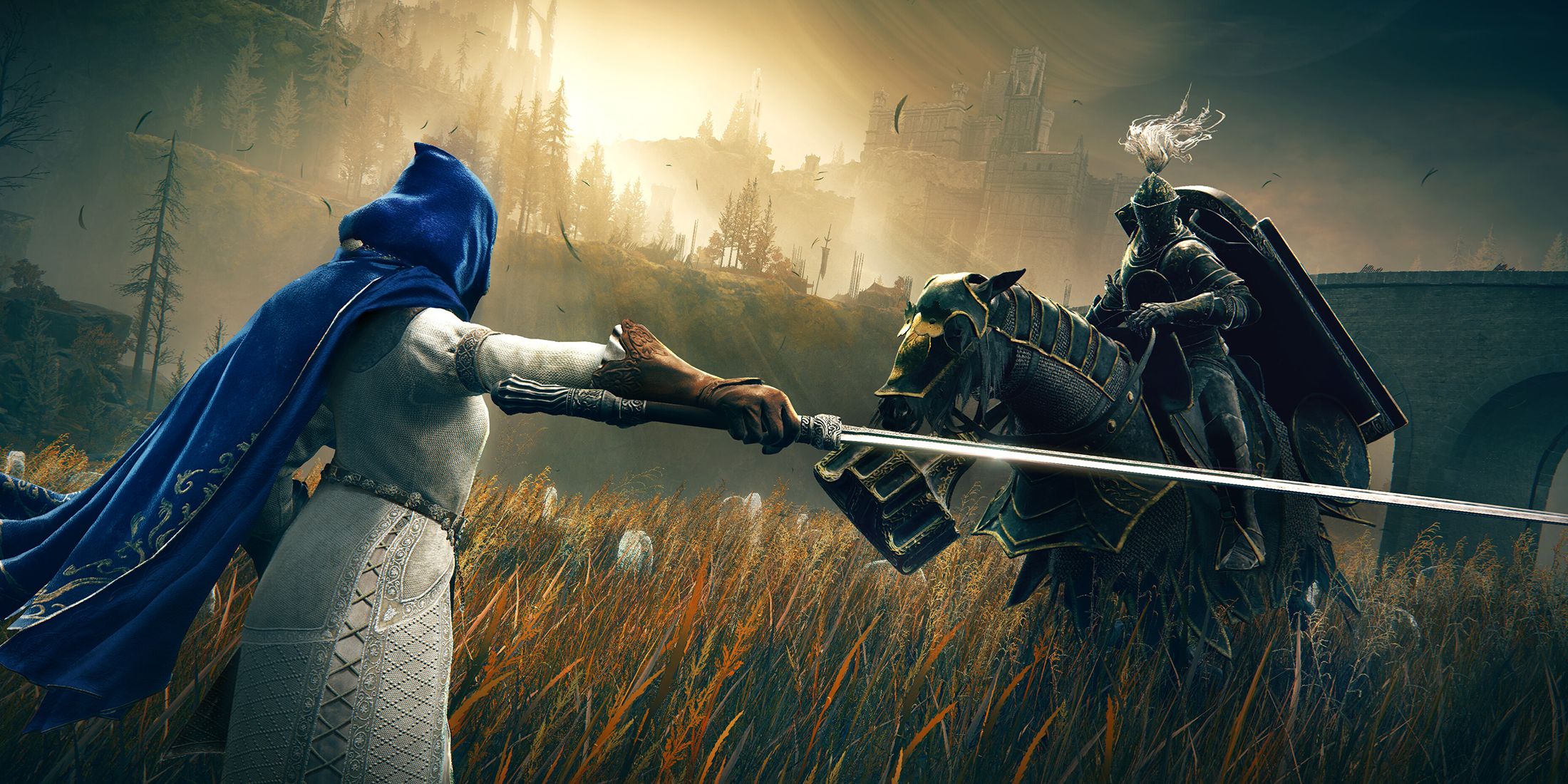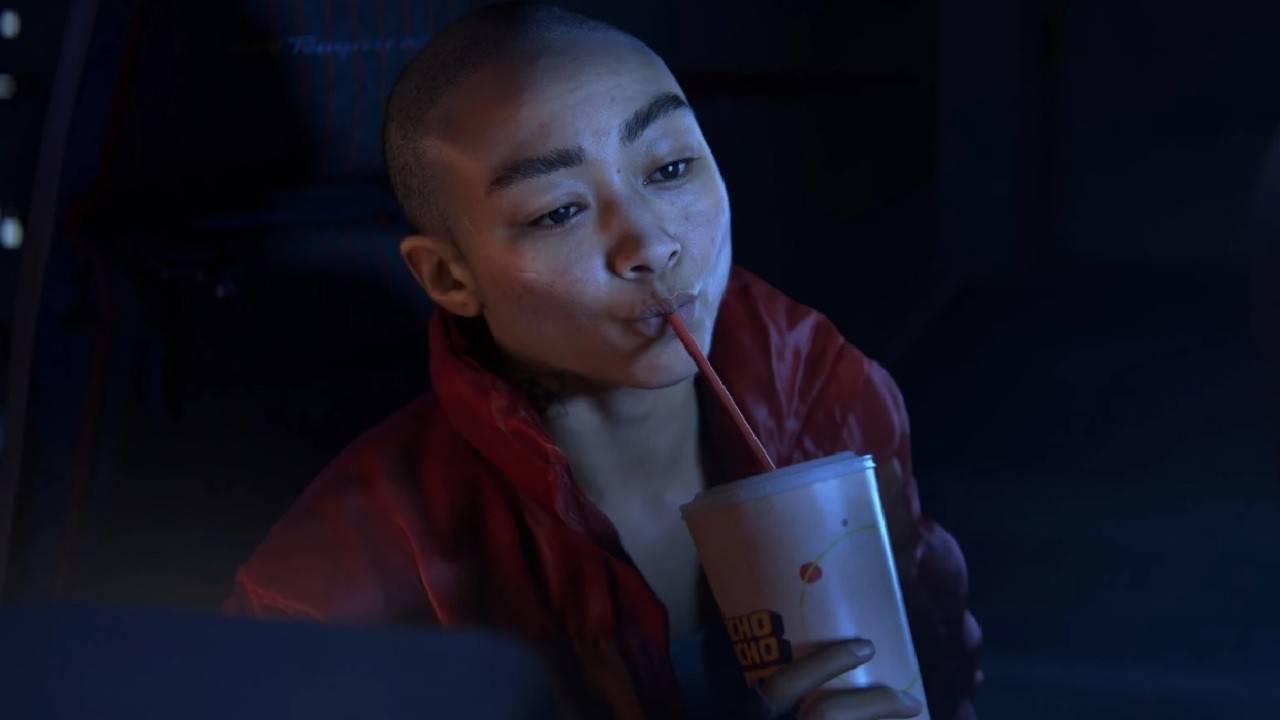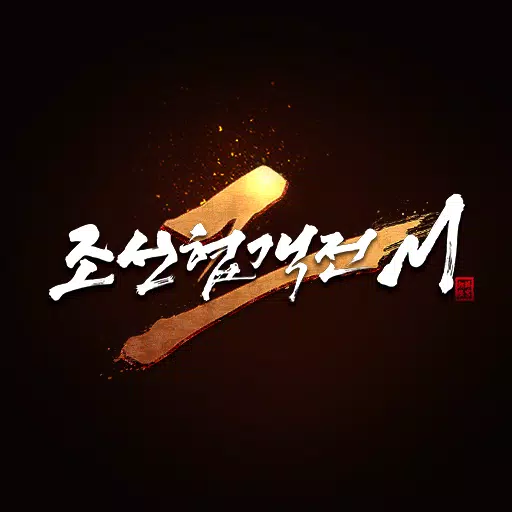The Struggles of BioWare: The Uncertain Future of Dragon Age and the State of New Mass Effect
The future of BioWare seems uncertain, particularly with the disappointing reception of Dragon Age: The Veilguard and concerns about the next Mass Effect. Let's delve into these issues.
The highly anticipated Dragon Age: The Veilguard was meant to reaffirm BioWare's ability to deliver quality RPGs with captivating narratives. However, it significantly underperformed, receiving a dismal 3 out of 10 rating from over 7,000 players on Metacritic. Sales figures were also bleak, reaching only half of Electronic Arts' projections.
Currently, the future of BioWare’s RPG projects, including Dragon Age, remains uncertain. There is also apprehension about the development of the next Mass Effect installment.
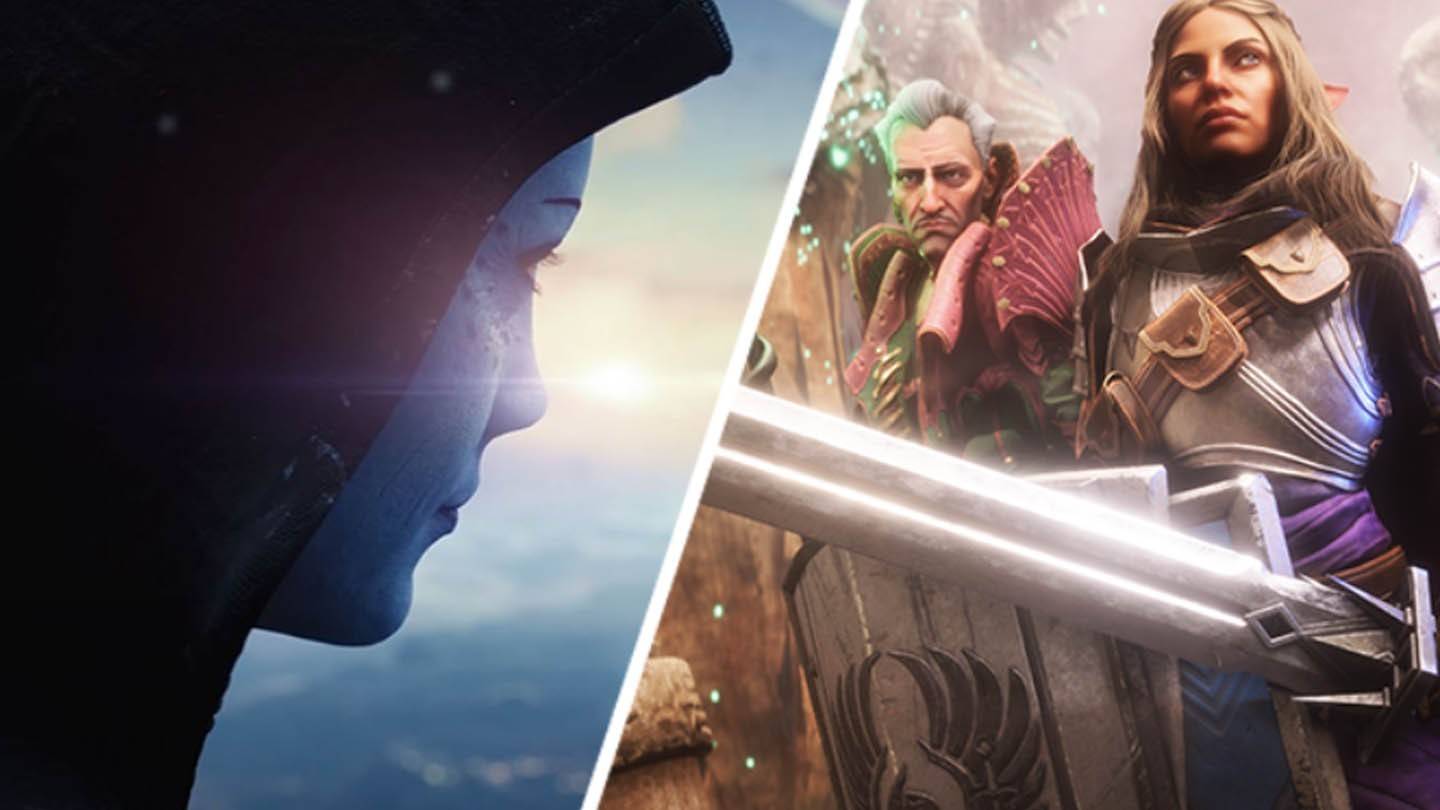 Image: x.com
Image: x.com
Table of Contents
- The Long Road to Dragon Age 4
- Key Departures at BioWare
- Dragon Age 4 Tried to Mimic Mass Effect but Failed
- Is Dragon Age Dead?
- What About the Next Mass Effect?
The Long Road to Dragon Age 4
Development for Dragon Age 4 was marked by numerous shifts over nearly a decade, with limited actual progress. The journey began with the success of Dragon Age: Inquisition. In 2016, Mark Darrah, then overseeing the series, laid out an ambitious plan:
- A release for Dragon Age 4 was initially planned for 2019-2020.
- The fifth installment would follow within 1.5-2 years.
- Dragon Age 6 would conclude the trilogy by 2023-2024.
BioWare aimed to elevate Dragon Age into one of the most successful RPG franchises, similar to The Elder Scrolls. EA was ready to invest heavily, but plans unraveled at the end of 2016 when resources were redirected to Mass Effect: Andromeda, developed by BioWare Montreal. After Andromeda's failure, the studio was disbanded, and many staff shifted focus to Anthem. As a result, from 2017 to 2019, Dragon Age 4 existed mainly on paper, managed by a small team.
In 2017, EA embraced the trend of service-based games, reimagining Dragon Age as a live-service title with regular updates, multiplayer modes, and long-term monetization potential. This version was codenamed Joplin. However, after Anthem failed in 2019, BioWare convinced EA to return to a single-player experience. By then, significant time had been lost, necessitating the rebuilding of teams and shifting priorities. The project was renamed Morrison.
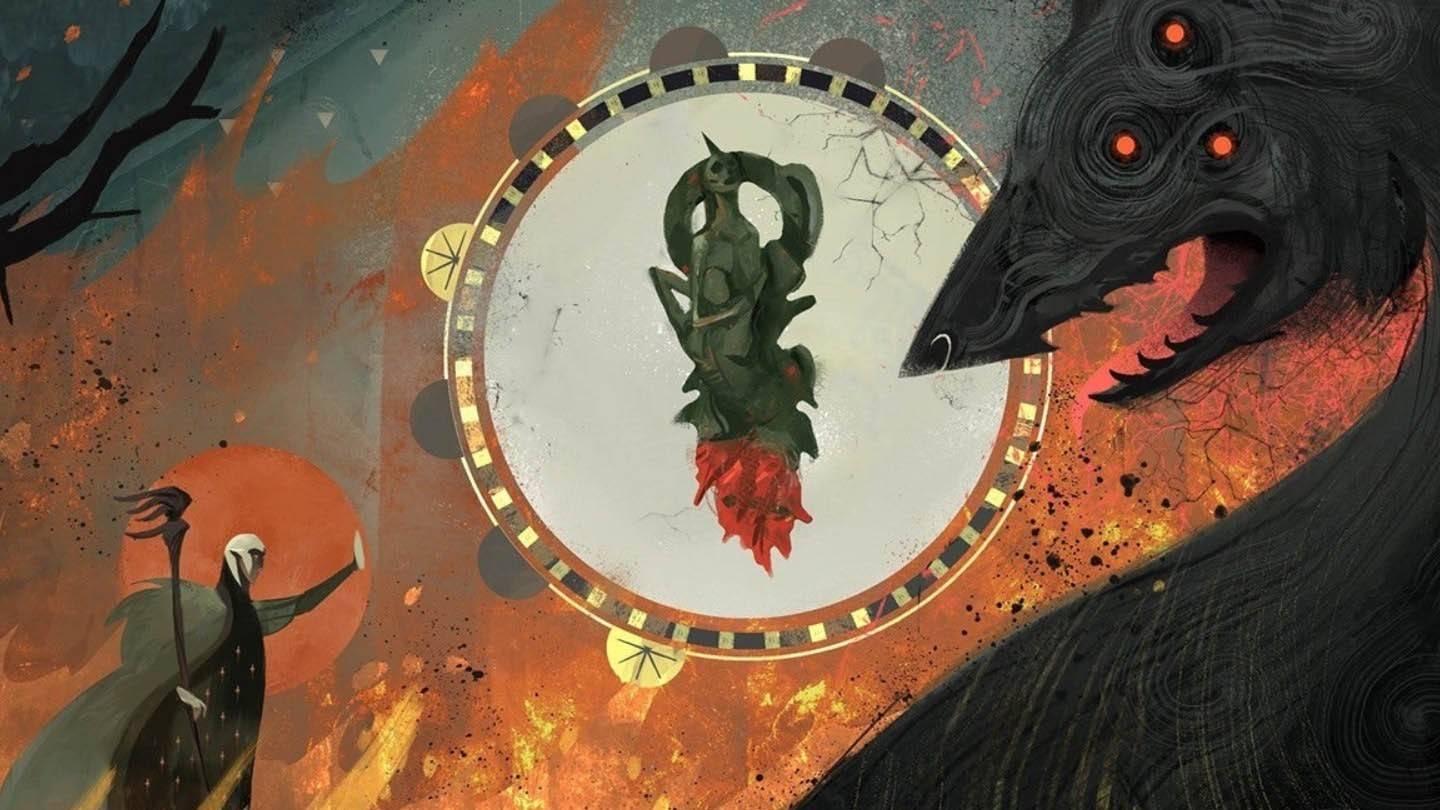 Image: x.com
Image: x.com
In 2022, Dragon Age was officially announced as Dreadwolf. Closer to its release, the subtitle changed due to narrative adjustments, focusing on the protagonist's team rather than Fen'Harel, the Dread Wolf.
The Veilguard launched on October 31, 2024. Despite positive reviews from critics, sales were disappointing at just 1.5 million copies, nearly 50% below expectations.
Key Departures at BioWare
Following the poor performance of The Veilguard, Electronic Arts announced major restructuring within BioWare. Many employees were reassigned to other studios, while others faced layoffs. Several key figures left the company:
- Patrick and Karin Weekes: Veteran writers who worked at BioWare for over two decades. Patrick penned scripts for all parts of Mass Effect, Dragon Age: Origins, and Inquisition. He served as lead writer for The Veilguard, crafting iconic characters like Tali’Zorah, Solas, Cole, Iron Bull, and Taash. His novel Empire of Masks, set during an Orlesian civil war, further enriched the universe.
- Corinne Bouche, game director for DA: The Veilguard, revealed her departure in January 2025. She stated she accepted an offer to create a new RPG, acknowledging her role in steering BioWare toward stability.
- Cheryl Chi, responsible for beloved characters such as Leliana, Cullen, Oghren, Isabela, Blackwall, and Harding, moved to Motive Studio.
- Silvia Feketekuti, known for Liara, Josephine Montilyet, and Emmric Volcarin, left after 15 years.
- John Epler, creative director behind Bellerophon and Mass Effect, transitioned to Full Circle to work on Skate.
- Other notable departures included producers Jennifer Shaver (Mass Effect 3, Anthem, Inquisition, Veilguard) and Daniel Sted (Legacy of the Sith, The Veilguard), narrative editor Ryan Cormier, and senior product manager Lina Anderson.
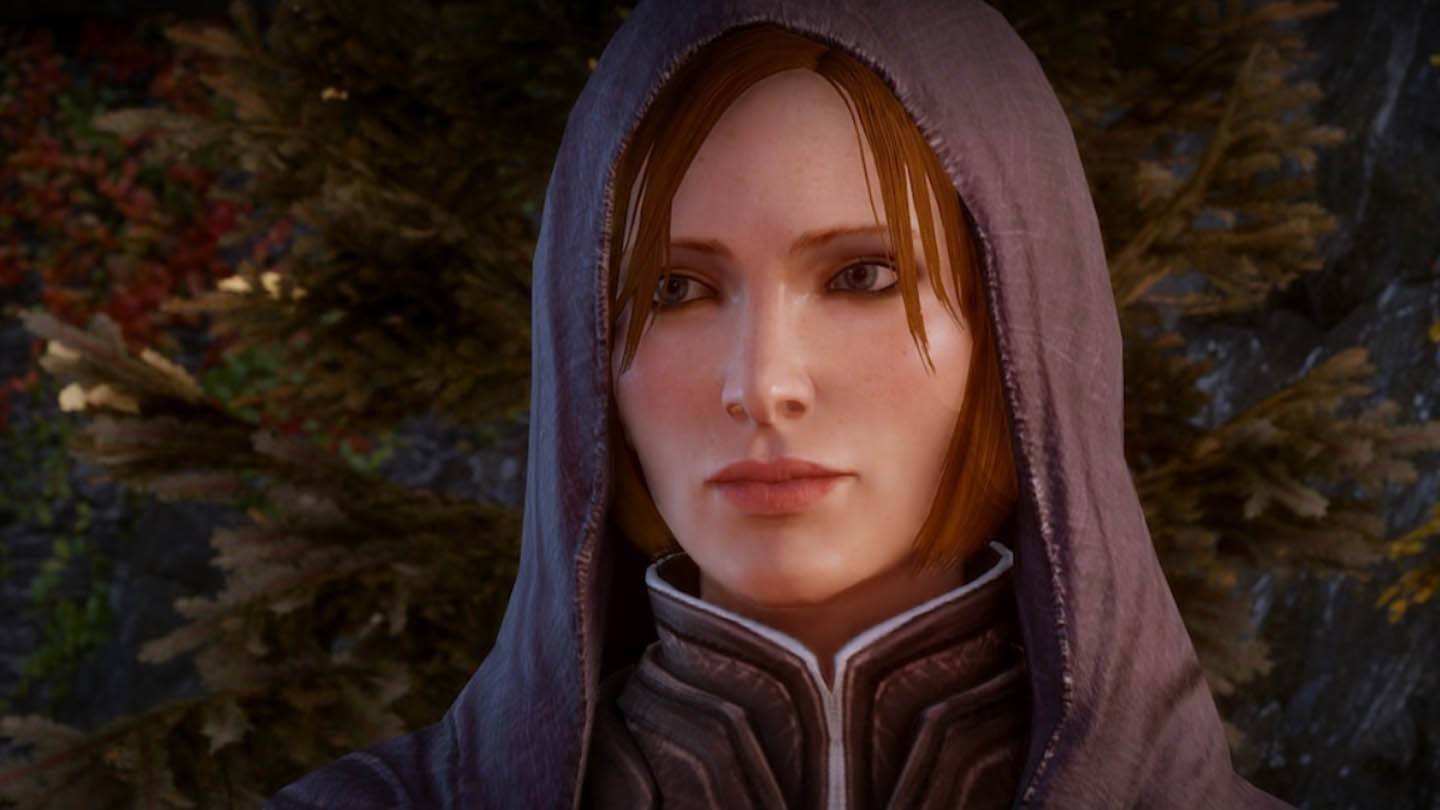 Image: x.com
Image: x.com
The BioWare workforce shrank from 200 to fewer than 100 employees. While layoffs are standard practice following unsuccessful releases, they do not signal the studio's closure. Resources have been redistributed, with some developers moving to other EA projects and a smaller group continuing work on the next Mass Effect under veteran leadership.
Dragon Age 4 Tried to Mimic Mass Effect but Failed
In interviews with Eurogamer, Corinne Bouche and John Epler discussed their inspirations for The Veilguard. Much of the design drew from Mass Effect 2, particularly its emphasis on companion relationships and approval systems. Player choices were supposed to significantly shape the outcome, culminating in a finale reminiscent of ME2's Suicide Mission, where interactions determined ally fates.
Additionally, inspired by Mass Effect 3's Citadel DLC, the team incorporated lighthearted banter between characters during downtime. Some features were added late in alpha development, leading to rushed refinements. Certain elements succeeded; for instance, the final act stood out due to meaningful decisions affecting factions—a level of depth even Mass Effect 3 lacked.
However, borrowing successful mechanics isn’t enough. Despite promises of deep characters and impactful choices, Dragon Age 4 fell short not only compared to Mass Effect but also as an RPG. World state customization was restricted to events from Inquisition, with minimal carryover from earlier titles. The once-prized Dragon Age Keep save editor tool became irrelevant, disregarding past player choices.
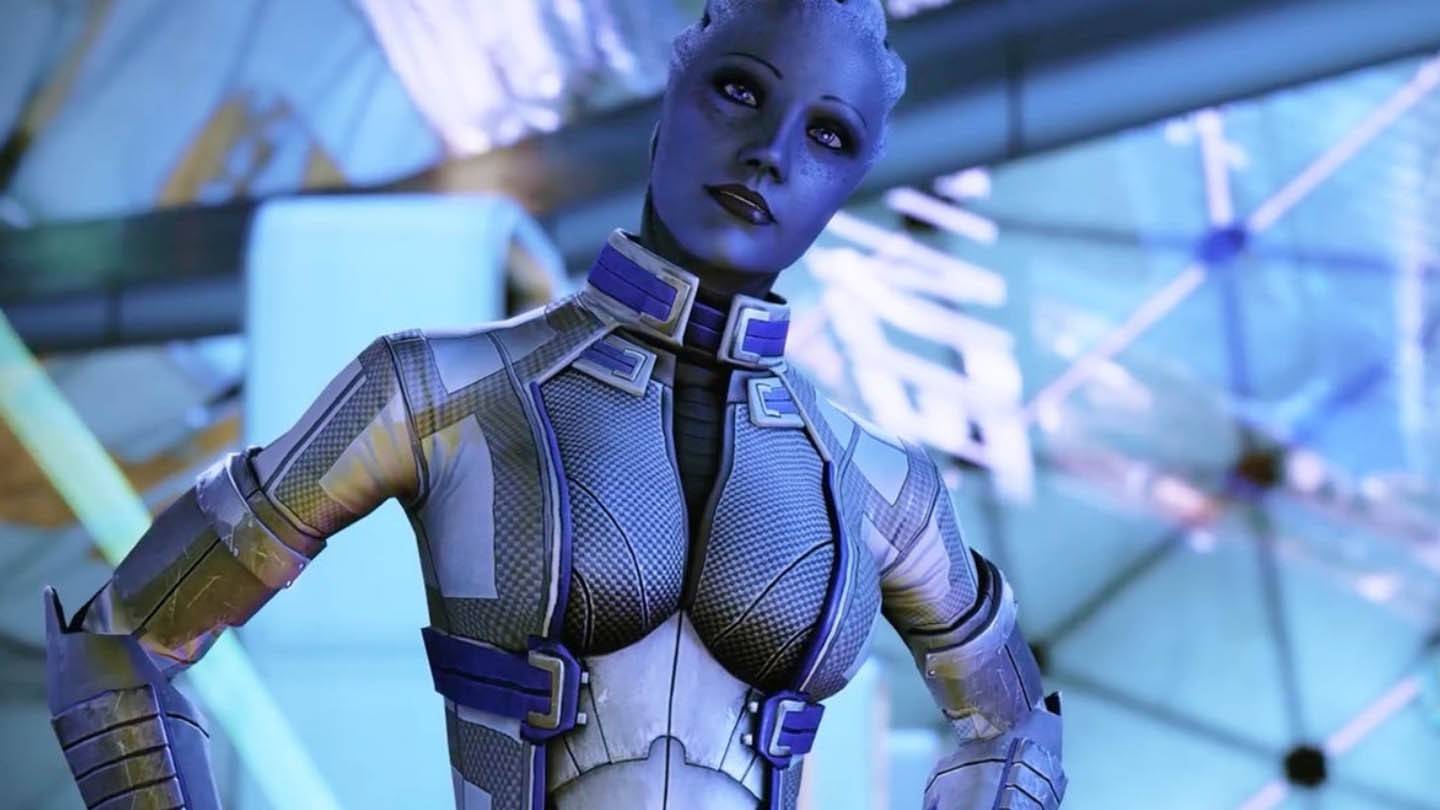 Image: x.com
Image: x.com
The story avoided direct ties to previous entries to prevent conflicts with established lore. This harmed familiar characters like Morrigan, whose fate depends heavily on prior decisions, and Solas, reduced from antagonist to advisor. Moreover, the game abandoned the series' hallmark complexity. Companions rarely conflicted with the protagonist, and themes like politics, religion, and mage-templar tensions were handled superficially.
Dialogue systems, once central to RPG gameplay, saw reduced variability and consequence. Story branches depended largely on overarching decisions, leaving the narrative feeling linear.
Honesty demands acknowledgment: The Veilguard excels as an action-adventure game but fails as an RPG and, worse, as a Dragon Age title.
Is Dragon Age Dead?
EA CEO Andrew Wilson suggested The Veilguard might have performed better as a live-service game.
"Games must align with modern standards, incorporating multiplayer mechanics and deeper engagement," he noted.
CFO Stuart Kent echoed this, stating the latest Dragon Age underperformed against competitive single-player RPGs.
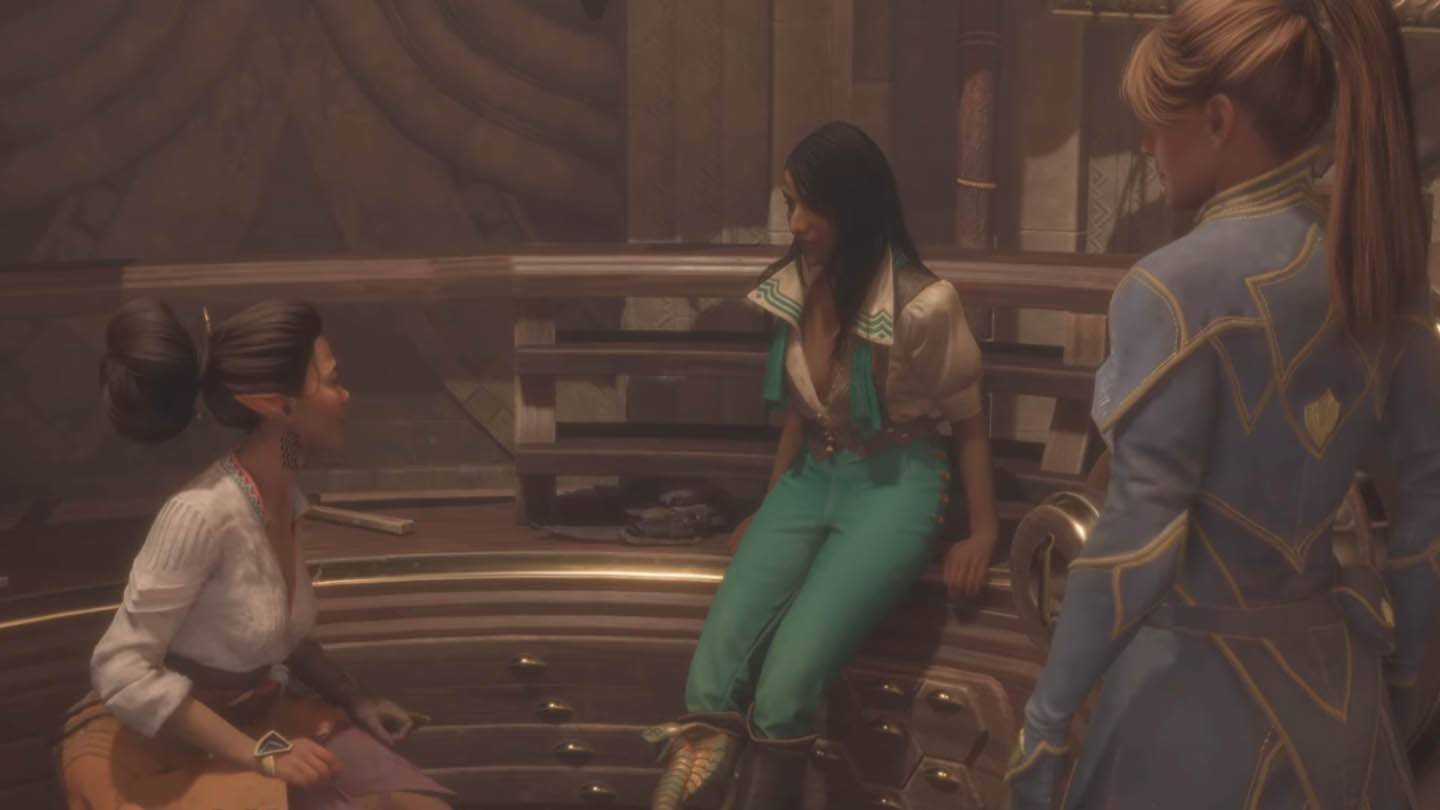 Image: x.com
Image: x.com
In Q3 2024 financial reports, EA highlighted successes in sports titles and upcoming investments in Battlefield Labs. Neither Dragon Age nor Mass Effect made the list, suggesting EA prioritizes more profitable ventures while cautiously approaching single-player experiences.
Before leaving, John Epler and Corinne Bouche expressed interest in expanding the Dragon Age universe, exploring untapped areas like the Qunari and dwarves. Yet their departure casts doubt on these ambitions.
If the series returns, it will likely take years and possibly in a transformed format. Former writer Cheryl Chi summed up the sentiment:
Dragon Age isn't dead. Fanfiction, fan art, and connections forged through the games keep it alive. Though rights belong to EA and BioWare, the idea belongs to everyone.
What About the Next Mass Effect?
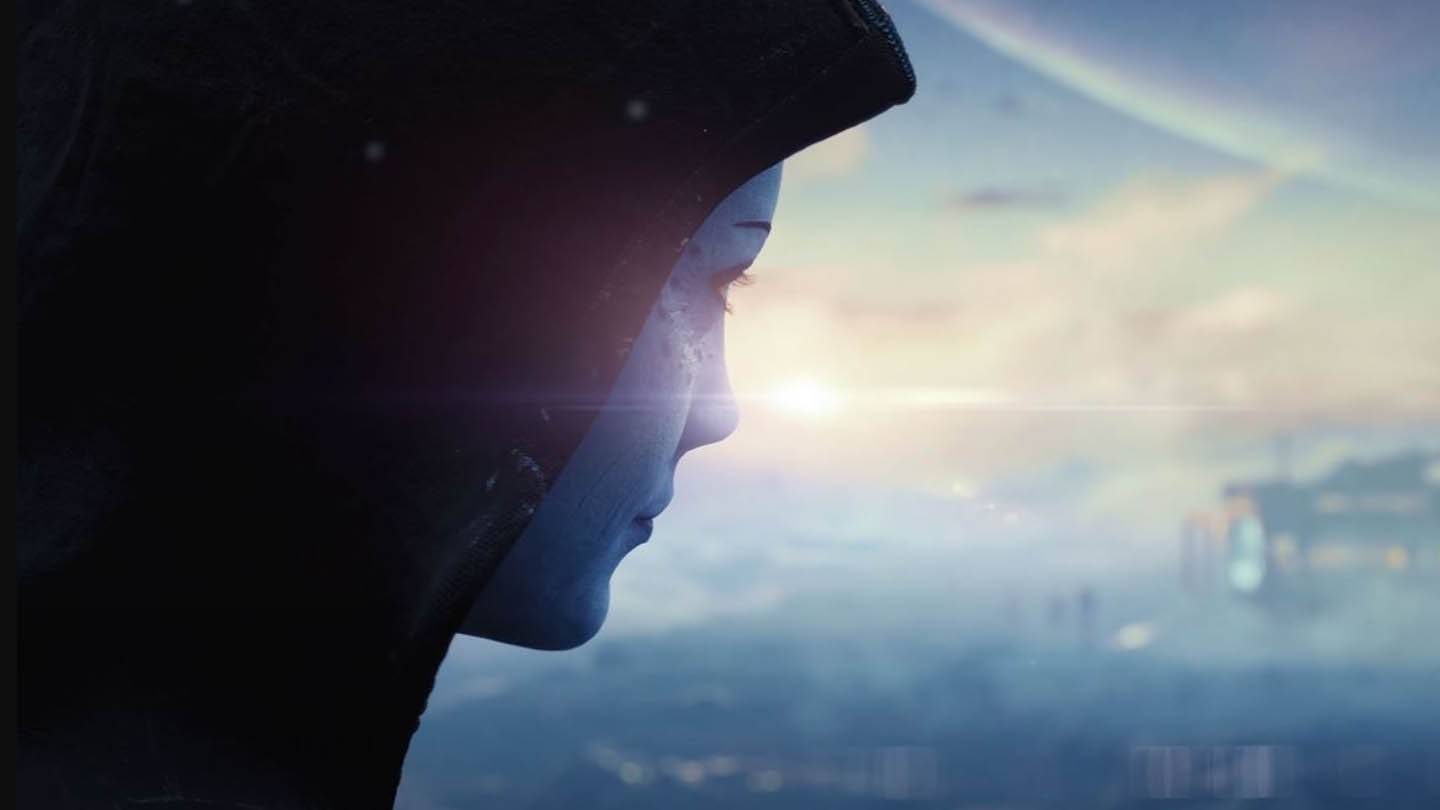 Image: x.com
Image: x.com
Mass Effect 5 was officially announced in 2020 and is currently in pre-production. With The Veilguard released relatively recently, Mass Effect 5 stands as BioWare's sole large-scale project, albeit with a reduced team.
After several key departures, Michael Gamble took over as BioWare's general manager. Joining him are:
- Designer Dusty Everman.
- Art director Derek Watts.
- Cinematic director Parry Ley, known for the original trilogy.
Unlike The Veilguard, Mass Effect 5 aims for greater photorealism. Details about the plot remain scarce, though it appears to continue the original trilogy's storyline, potentially linking to Andromeda. Due to studio restructuring and extended production cycles, the release is unlikely before 2027. Hopefully, it avoids repeating The Veilguard's pitfalls of chaotic development, last-minute changes, and uninspired storytelling.
- 1 STARSEED Update: Codes for January 2025 Released Feb 25,2025
- 2 Pokémon TCG Pocket: Wonder Pick Date, Time, and Promo Cards – February 2025 Mar 03,2025
- 3 How to Get All Ability Outfits in Infinity Nikki Feb 28,2025
- 4 Black Myth: Wukong Tops Steam Charts Days Before its Launch Jan 07,2025
- 5 Ukrainian Internet Stalled as 'S.T.A.L.K.E.R. 2' Release Overwhelms Dec 30,2024
- 6 inZOI, a Korean Sims-Like, Delayed to March 2025 Mar 01,2025
- 7 Starseed Asnia Trigger Codes (January 2025) Mar 06,2025
- 8 Assassin's Creed Shadows Postponed to March 2025 for Enhancements Feb 21,2025
-
Budgeting & Investing: Your Guide to Financial Apps
A total of 9
-
Addictive Hypercasual Games for Quick Play
A total of 10
-
Best Role Playing Games for Android
A total of 10










